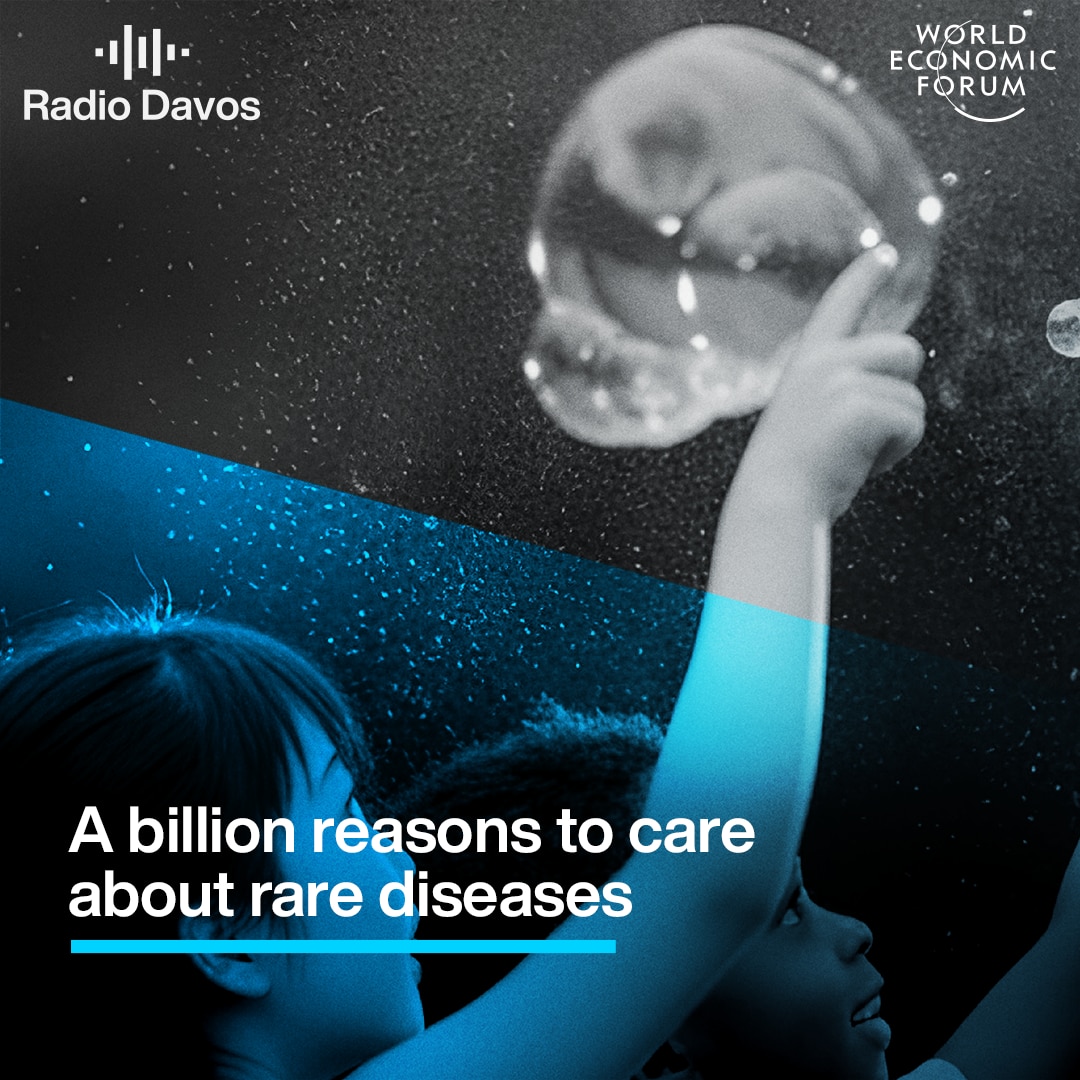Will we have to live with COVID-19 forever?

COVID-19 continues to effect lives globally Image: Unsplash/Adam Nieścioruk
Listen to the article
- Most people think COVID-19 can never be eradicated, according to a new global survey.
- But opinion remains sharply divided about compulsory vaccination.
- There are also mixed views on whether people should be vaccinated to go into offices or visit restaurants and sporting venues.
Most people around the world now believe that we will never eradicate COVID-19. But as we learn to live with the virus, should vaccination be mandatory? A new survey shows vaccination mandates remain controversial.
Ipsos surveyed 20,500 adults in 30 countries between the end of January and the first week of February 2022 and found that almost three-quarters (71%) think COVID-19 is here to stay.
But the picture is very mixed when it comes to support for compulsory vaccination. In India, China, Malaysia, Singapore and much of Latin America, more than three-quarters back the idea.
But there are majorities against vaccine mandates in most of central and eastern Europe, as well as in the United States.
There is also no global agreement on the need for people to be vaccinated to go into offices or visit restaurants and sporting venues.
Support for mandatory vaccination of over-18s appears to have increased in many countries since a similar survey was conducted in April 2021. The number of people backing the idea has risen by 14 percentage points in China, 10 percentage points in Italy and Australia, 9 in Germany and 6 in France.
However, the same comparison shows support for a comprehensive vaccine mandate fell by 13 percentage points in Japan over the same period and by 8 percentage points in the United States.
Is zero-COVID possible?
The view that COVID-19 can never be stopped is strongest in the Netherlands, with 85% of those surveyed holding this view. This is followed by the UK with 83%, Australia and Singapore (both 82%) and Canada (79%).
But two-fifths of people in China, which has sought to eradicate the virus with a zero-COVID policy, believe the virus can be defeated.
Globally, two-thirds of people say that vaccination should be mandatory for the over-50s with support strongest in India, Peru, Mexico, Chile and Brazil. More than eight out of 10 people in these countries think such a policy would be a good idea.
Vaccines to visit sporting events and restaurants?
In terms of access to sporting events, at least 80% of people in nine of the 30 nations surveyed said that only fully vaccinated people should be granted entry. However, less than half of people hold that view in Hungary and Poland.
In all but three countries – Poland, Hungary and Romania – more than 50% of people agree that vaccination should be mandatory for travel and a return to normal activities. There are similar levels of support for restaurants requiring people to show proof of vaccination.
There is strong backing for compulsory vaccination before people return to workplaces in many nations, but more than a third of people are opposed in 11 countries.
Whatever individuals’ views on vaccination, as The World Economic Forum’s Global Risks Report 2022 points out, vaccine inequality means many people in the developing world may simply be unable to receive an inoculation against COVID-19.
In the poorest 52 countries, which are home to a fifth of the world’s population, only 6% of people had been vaccinated at the start of 2022, the report says. It forecasts that the lack of vaccination will harm economic growth in these nations.
Don't miss any update on this topic
Create a free account and access your personalized content collection with our latest publications and analyses.
License and Republishing
World Economic Forum articles may be republished in accordance with the Creative Commons Attribution-NonCommercial-NoDerivatives 4.0 International Public License, and in accordance with our Terms of Use.
The views expressed in this article are those of the author alone and not the World Economic Forum.
Stay up to date:
Pandemic Preparedness and Response
Forum Stories newsletter
Bringing you weekly curated insights and analysis on the global issues that matter.









